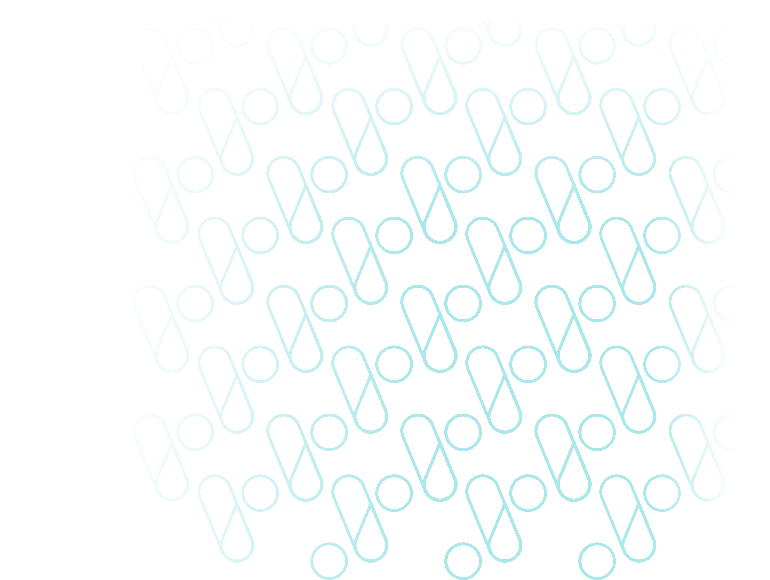Complete
This was an innovation project supported by the Better Care Victoria Innovation Fund.
Lead organisation
Melbourne Health (NorthWestern Mental Health Neuropsychiatry Unit at The Royal Melbourne Hospital)
Partners
- Albury Wodonga Health
- Royal Park Cognitive Dementia and Memory Service
- Ballarat Health Service
- Goulburn Valley Health
- Dementia Australia
- Huntington’s Victoria
Summary
Young onset dementia (YOD) – dementia that occurs in people under 65 years of age – affects more than 25,000 Australians, making up almost 10 per cent of all dementia diagnoses.
It is a life-limiting illness that can cause those affected to lose up to 20 years of their life. They can also experience multiple, complex symptoms that require specific expertise for diagnosis and care.
People experiencing YOD, as well as their families and carers, experience several barriers to receiving the care they need. These can include significant diagnostic delays, navigating multiple different medical specialties, using support services designed for the elderly, and living with unmet practical, psychological and financial support needs.
The Melbourne Young Onset Dementia (MYOD) service at Melbourne Health is one of the few services nationally that can provide tailored, flexible and expert services to those affected by this condition.
Melbourne Health harnessed telehealth technology to give more patients access to its MYOD service and reduce the personal and economic costs for those requiring care in rural and regional Victoria.
Aims
- Improve access to YOD diagnosis and care through telehealth
- Reduce costs associated with accessing diagnosis and care for YOD
- Enhance partner organisations’ ability to deliver services to patients with YOD
- Reduce burden in patients and carers
Outcomes
- Assessed 72 individuals with 186 appointments, more than half of which received a neuropsychological assessment
- Significantly increased access for rural and regional Victorians
- Reduced the average number of specialists a patient saw prior to receiving their diagnosis from five to 1.7
- More than halved the delay to diagnosis, from 64 months to 30 months
- Saved more than 100,000km in travel and up to 30 tonnes of carbon dioxide emissions
Update
December 2020 – Melbourne Health secured state government funding to continue the Melbourne Young Onset Dementia telehealth service. The BRIGHT-YOD project received a high commendation in December 2019 in the Chief Executive Healthcare Innovation Award category of The Royal Melbourne Hospital’s Celebrating Excellence Awards.
Neuropsychiatry at The Royal Melbourne Hospital has seen just over 61 per cent of patients via telehealth since the roll out of the electronic medical record across Melbourne Health in August 2020. The health service has received positive feedback on its telehealth appointments from patients and families as well as from clinicians from across a wide range of disciplines.
In response to the coronavirus (COVID-19) pandemic, the project team was able to fast-track the uptake and implementation of telehealth in other units and teams across The Royal Melbourne Hospital and NorthWestern Mental Health. The project’s clinical leads have also used the coronavirus (COVID-19) experience to network with their professional associations and networks and develop a set of national and international guidelines for tele-neuropsychology and tele-neuropsychiatry.

